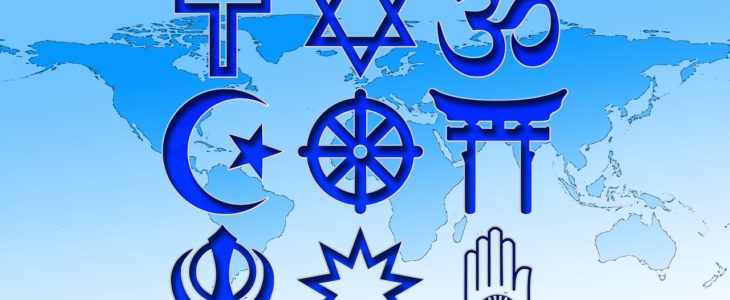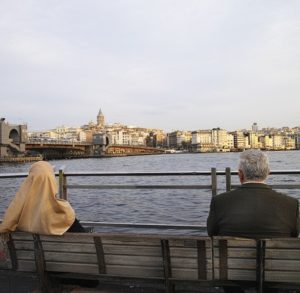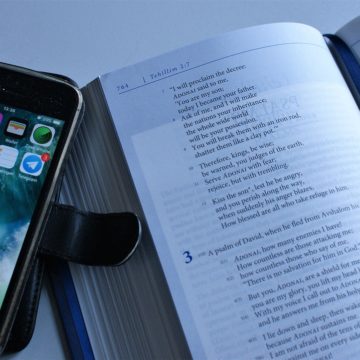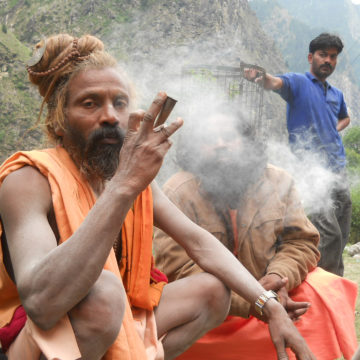
The freedom to openly practice religion is one of the elements at the core of every modern Western state; simply put, it is the right guaranteed by law that every individual may identify with a religion of their choice, without the fear of being persecuted or discriminated against. It is difficult to imagine otherwise, as this is almost universally recognized as a basic human right all around the world.
The history of religious freedom

Religious freedom was not the standard to follow throughout history. Numerous wars were fought in the name of religion, as each side considered the other side’s religionless important or less worthy. This was a usual thing, until the 18th century when the United States of America became the first country in the world to legally guarantee its citizens the right to practice their religions without any fear of persecution. This opened a door to a new age of civil rights, where citizens could live freely, enjoying life the way they see fit.
Human welfare
The contemporary world, although advanced when it comes to human rights, diplomacy, and democracy, is not free from the dangers of war. The Middle East and Africa are still fragile areas force thousands of people to flee their homes in search of safety and a better quality of life. Western countries that they seek refuge in are usually of a predominantly different religion (mostly Christian) than their home countries (mostly Islamic). In order to provide refugees with a better quality of life and a chance to live peacefully, the notion of religious freedom is more important than ever.
Science and religion

Religious freedom is not as touchy of a subject as it used to be, partially due to the technological and scientific advancement we have witnessed over the course of the past 100 years. Scientific achievements, as well as breakthroughs in technology, sending people to outer space, have created an atmosphere where religion is not as prominent in the daily lives of people; from an almost public matter, it has become something people do in their free time, if they have it, not dissimilar to a hobby. Thus, much less attention is paid to religion, which is why religious freedom has virtually no opponents among the general public.
Are we truly free?
As long as we have laws protecting our choice to profess whichever religion we consider to be suitable for us and our life, we can consider ourselves free. However, this doesn’t make us exempt from incidents. Numerous religious fanatics can be found in any system of belief, and there’s no way of telling how they perceive our religion of choice, so caution should always be exercised, as is the case with most touchy subjects. However, this is not a reason to hide our beliefs, out of fear of ridicule or aggression. Regardless of the occasional incident, with every day we are walking towards a worldwide community that is open, accepting, and tolerant of people, regardless of their religious or political beliefs, or any other characteristics or choices, which is arguably one of the most important things we can strive towards.





